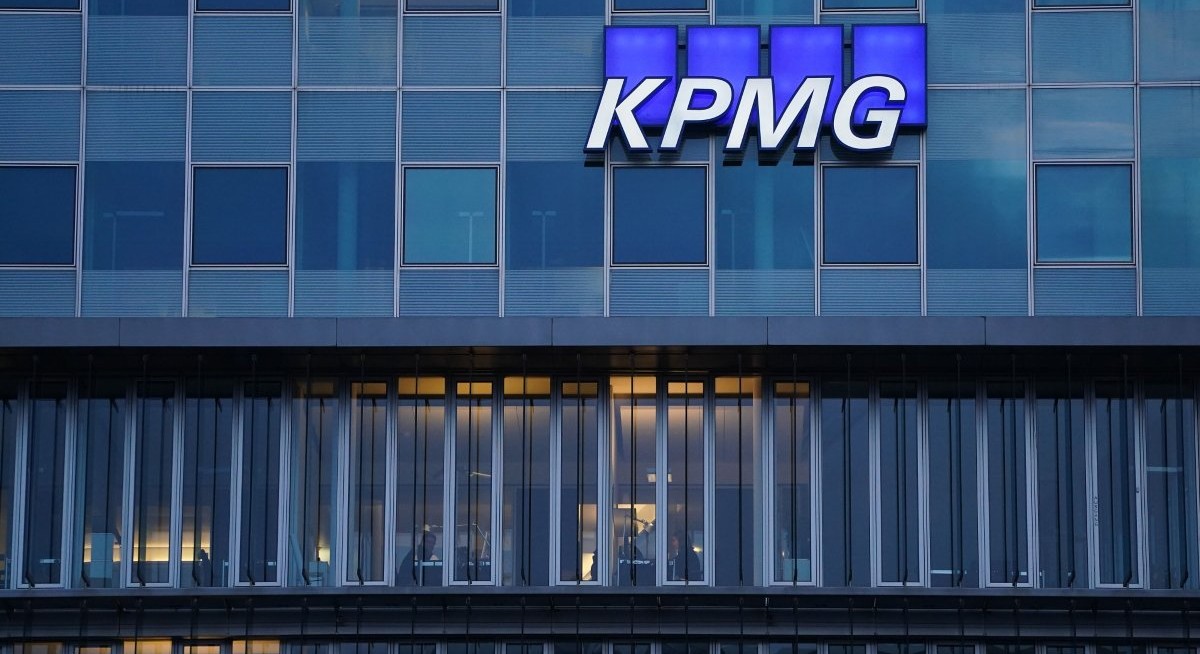Businesses must therefore take AI strategy and policies into their own hands, and not expect harmonised global regulatory frameworks in the context of a multipolar world, says KPMG.
“From an internal perspective, businesses should feel responsible for ensuring the right infrastructure and strategies are in place to embrace AI in a responsible, human-focused way,” the report notes.
This refers to a focus on building trust and transparency among existing employees that are uncertain or sceptical of AI’s impact on their livelihood, as well as consumers that prioritise personal data security and privacy in the market.
KPMG’s report also cites trade policy restrictions and vulnerability calling for operational resilience as two other key risks threatening business growth in 2024.
See also: Nvidia-backed AI startup gets US$10 bil in Blackstone-led loan
This refers to governments reorienting their economic relationships along ideological lines, and some countries and territories becoming less willing to cooperate on matters of global peace and security.
As such, businesses and business leaders should conduct dynamic risk assessments, visualise their supply chain exposure, forge a trusted AI integration path, and pre-empt disruptive regulation by driving sustainable innovation, as some big themed ways to tackle the challenges of today.




